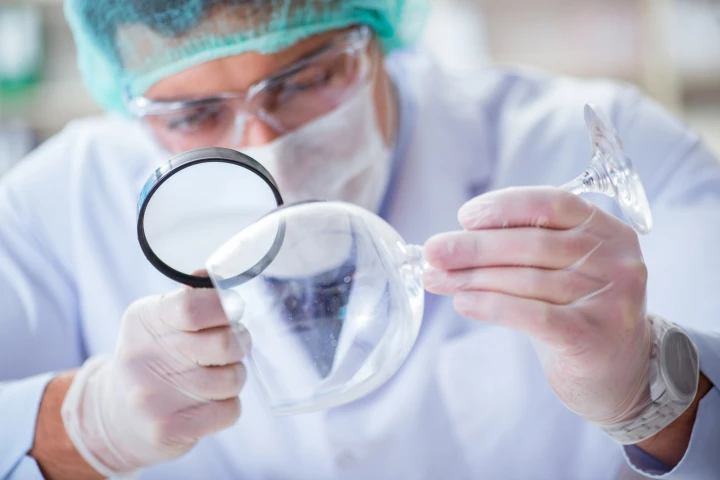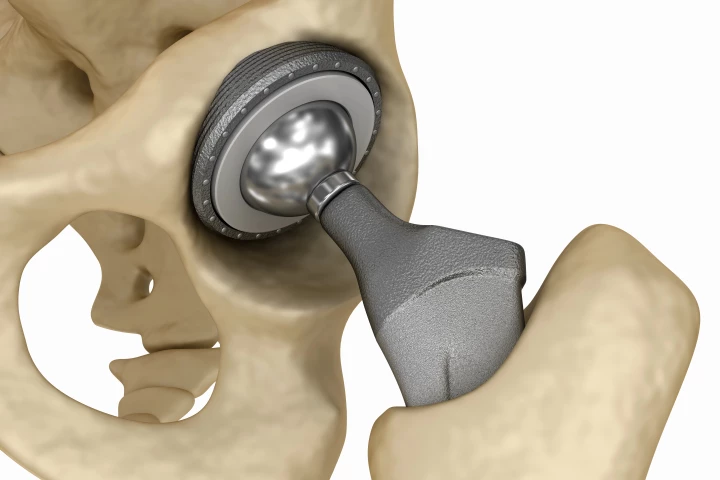Flinders University
-
In 2025, around 24 million Americans are estimated to suffer from sleep apnea, and around 90% of these cases are undiagnosed. Now, a groundbreaking new study warns that the prevalence of this serious condition will soar as the planet warms.
-
Research has linked the use of diet and fitness apps to problematic eating habits and body image issues. It highlights the fine line that exists between using these apps for motivation and using them to perpetuate potentially dangerous behaviors.
-
Cuneiform, the world's oldest form of writing, involved making indentations in clay tablets. Scientists have now developed a data storage system that's like cuneiform on steroids – and it's capable of storing more data than a typical hard disc drive.
-
Using a weighted blanket overnight not only improves insomnia but mood as well, in addition to reducing the use of sleep medications, a review of existing studies has found. It’s an effective, non-drug way of improving sleep to ensure better overall health.
-
If you've ever watched CSI, you'll know that suspects often leave incriminating traces of their DNA behind at crime scenes. According to a recent study, however, the amount of that genetic material could also point to a person's guilt or innocence.
-
While titanium hip and knee implants do restore mobility to a great many people, they're still subject to failure. A new alloy could help change that, simply by adding a smidge of bendy, bacteria-killing gallium to the mix.
-
In the event of a shark attack, it's very important to determine which shark species was responsible. A new study indicates that readily available medical gauze can be used by first responders to obtain that information.
-
In a massive study of 85,000 people, tracking 13 million hours, scientists at Flinders University have found that night-time exposure to light increases the risk of developing type 2 diabetes, independent of daytime activities.
-
Geese have a reputation for being aggressive birds, so imagine one that’s more than 6.6 ft tall and weighs about 507 lb. That’s Genyornis newtoni, an Ice Age “thunder bird” from Australia, for which scientists have now found the first complete skull.
-
Even if a criminal wears gloves, their cast-off DNA may still be present in a room's air. A study suggests that if such material gets sucked up by an air conditioner, it could let investigators know if a suspect has or hasn't been in a certain room.
-
Obstructive sleep apnea hugely impacts health and well-being, but as those with the condition know, treatment is very limited. Now, a new nasal spray has shown promise in alleviating the symptoms of the most common sleep-related breathing disorder.
-
A study has found that playing a soundscape to a common, plant-promoting fungus found in soil caused it to grow more rapidly than fungi that weren’t exposed to sound. The novel ‘eco-acoustic’ approach has the potential to restore damaged ecosystems.
Load More











